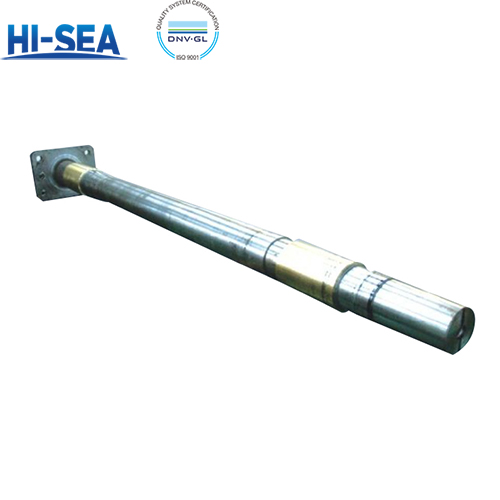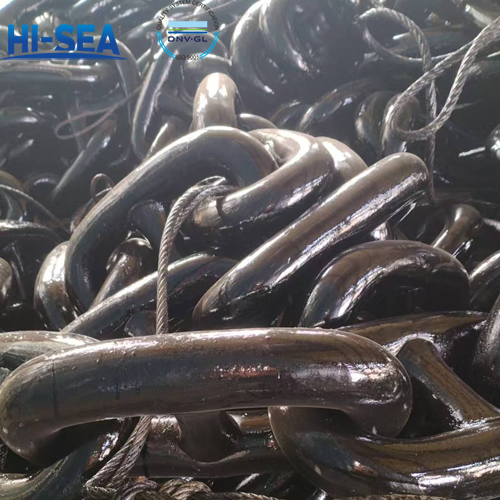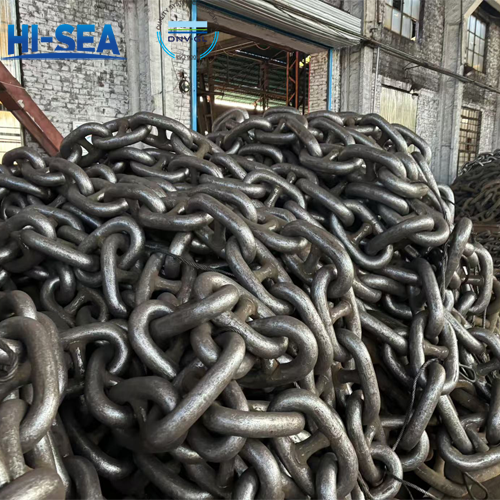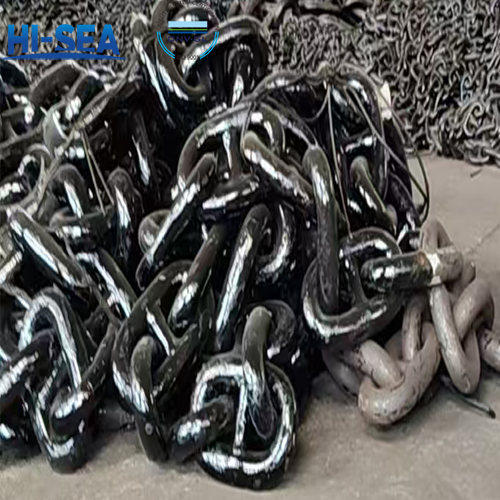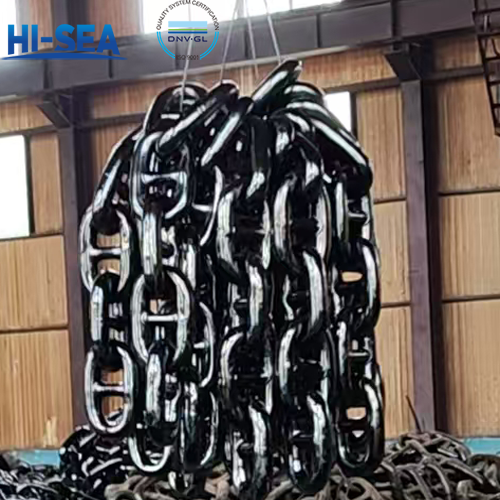
20 Steel Marine Rudder Stock
The 20 steel marine rudder stock is a crucial component in maritime engineering, serving as the backbone of a ship's steering system. Constructed from high-grade steel, this rudder stock is designed to withstand the harsh marine environment, providing strength, durability, and resistance to corrosion.
Rudder stocks are typically made from strong, corrosion-resistant materials such as stainless steel, bronze, or high-strength alloys. This ensures they can withstand the harsh marine environment and the forces exerted during steering. The 20 steel is in accordance to German C22 +N and it complies to standards. The 20 steel combines strength, machinability, and moderate corrosion resistance, which is an effective choice for rudder stock in various marine vessels.
Overview
Marine rudder stock refers to the axis of rudder blade rotation, which is used to withstand and transfer the force acting on the rudder blade and the force provided by the rudder to the rudder device, that is to say, the steering engine rotates the rudder blade through the rudder rod, and the rudder blade bears the reaction force of water to make the ship turn. The rudder rod should have sufficient strength. The section with the greatest bending moment on the rudder is below the rudder bearing. When the rudder stock is cracked, bent, twisted, or repaired by welding, bending, it should be inspected for flaw detection, and special attention should be paid to checking the parts of the rudder rod stress concentration, such as the diameter mutation and the root of the clamp ring. It can be detected by osmotic coloring, magnetic inspection or ultrasonic inspection.
The material 20 steel is a high-grade unalloyed steel used in metal structures and components operating in temperatures of -40°С to +450°С. Hot-rolled and forged long products made from 20 steel conform to the DSTU 7809 and GOST 1050 standards. It contains approximately 0.17-0.24% carbon, 0.17-0.37% silicon, and 0.35-0.65% manganese. Due to its weldability, 20 Steel rudder stocks are easier to maintain and repair when required, making them practical for use in marine applications where long-term reliability is crucial.
Features:
High quality, less wear
Corrosion resistant
Strong toughness, high tenacity
Easy maintenance and simple inspection
Heat treatment: Normalized/Annealed/Quenched/Tempered
Processing capacity: turning, milling, planing, grinding, drilling
Delivery status: blank, roughing, finishing
Test items: low temperature impact test, high temperature tensile test, metallographic testing, hardness testing, chemical element analysis, ultrasonic testing

